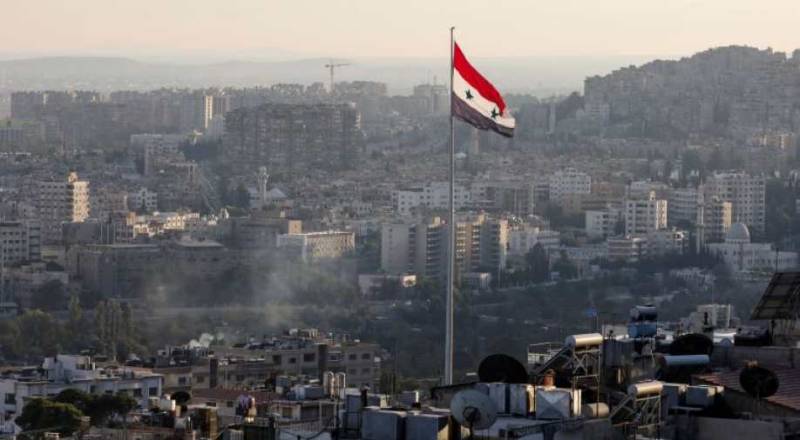The Russian and Turkish presidents discussed the latest developments in Idlib, a de-escalation zone in northwestern Syria, over the phone, both countries said on Wednesday.
The conversation between Vladimir Putin and Recep Tayyip Erdogan came after five Turkish troops were martyred and five injured in an attack by Assad regime forces in Idlib, on Monday, following a similar attack last week martyring seven soldiers and a civilian contractor working with the Turkish military.
Turkey has since retaliated for both attacks, hitting scores of targets and killing some 200 Assad regime troops.
“We assessed the situation in Idlib with Putin,” Erdogan told reporters after his party’s parliamentary group meeting. “We talked about the harm done to our soldiers by the regime forces and even by Russia,” he added.
The two presidents agreed to hold additional consultations via proper channels, the Kremlin said in a statement published on its official website.
"The two leaders continued discussions of various aspects of resolving the Syrian crisis, primarily in the context of the worsening situation in the Idlib de-escalation zone.
“The importance of full implementation of the existing Russian-Turkish agreements, including the Sochi memorandum of Sept. 17, 2018, was noted. For this purpose, it was agreed to conduct additional contacts through the relevant departments," said the statement.
The Turkish troops are in Idlib -- nominally a cease-fire zone, under a deal between Turkey and Russia -- as part of an anti-terror and peace mission.
Idlib has been a stronghold of the opposition and anti-government armed groups since the outbreak of the Syrian civil war in 2011.
In September 2018, Turkey and Russia agreed to turn Idlib into a de-escalation zone in which acts of aggression are expressly prohibited.
But more than 1,800 civilians have been killed in attacks by regime and Russian forces since then, flouting both the 2018 cease-fire and a new one that started on Jan. 12.






